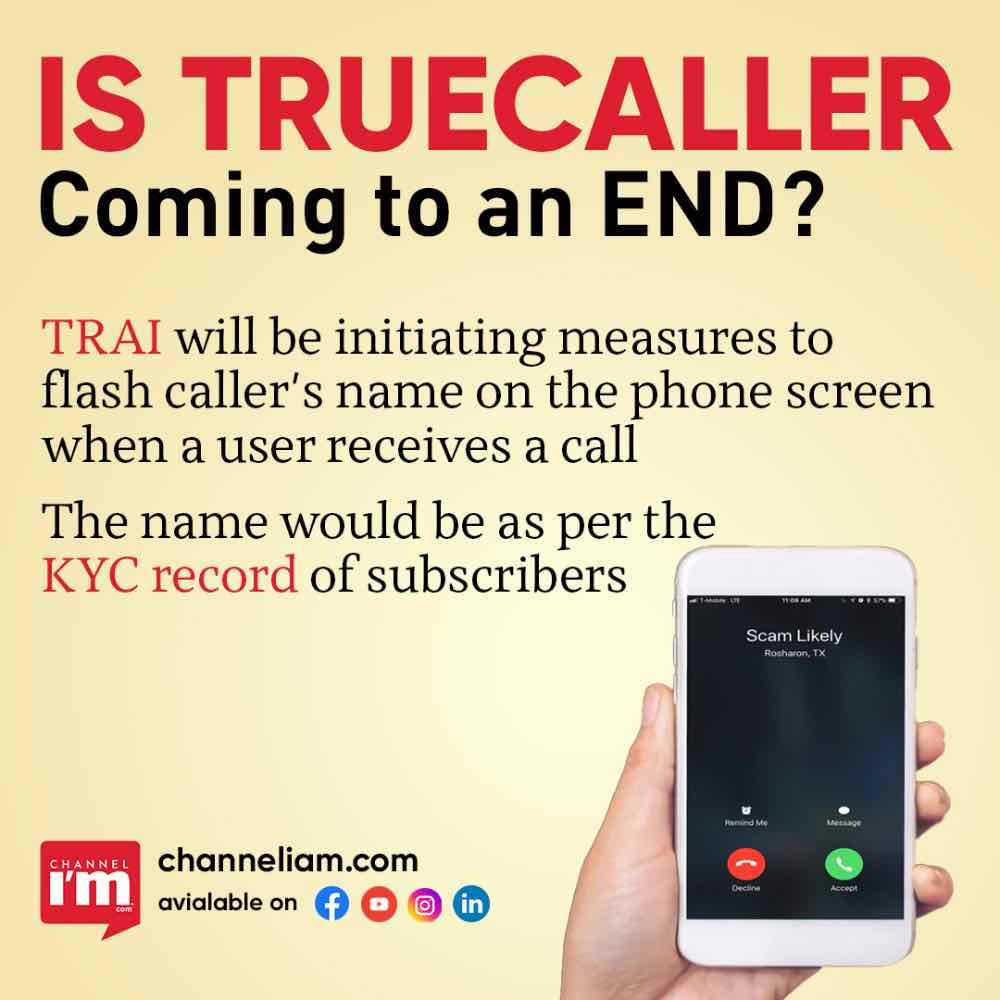
The Telecom Regulatory Authority of India (Trai) will soon start taking action to ensure that when a user receives a call, the caller’s identity lights on the phone screen. The name would correspond to the subscriber’s record in the telecom providers’ “know your customer” (KYC) database.
When the measure is put into place, subscribers will learn the caller’s name even if it is not kept in their phone book. At the moment, apps like Truecaller help some users identify an unknown caller. However, the drawback with Truecaller-like apps is that since the data is crowdsourced, 100% authenticity cannot be guaranteed, whereas KYC data can.
The KYC data will also give the authorities the ability to check if the service providers followed the procedure correctly or resorted to shortcuts that made it possible for a caller’s identity to be falsified.
WhatsApp calls are anticipated to follow a similar arrangement. Some groups objected, arguing that publishing a customer’s name may constitute a privacy breach. However, a legal and constitutional procedure is being used to handle the situation.
So far, apps like Truecaller have made caller identification easier. But because Trucaller relies on data collected from the public, sometimes it’s difficult to tell who someone is. The KYC-linked identification, which will be supported by validated documents, will eliminate this flaw.
The action, according to reports, is a step in the right direction for TRAI’s attempts to reduce spam and promotional calls. Before finishing the paper and presenting a final proposal to the government, the regulator is now working on a consultation paper that will also reach out to the general public in several cities.
There are many questions about TRAI apps and caller ID apps on the internet due to the TRAI measure, however it is unknown whether users will have to download an app in order to view the names by default.
